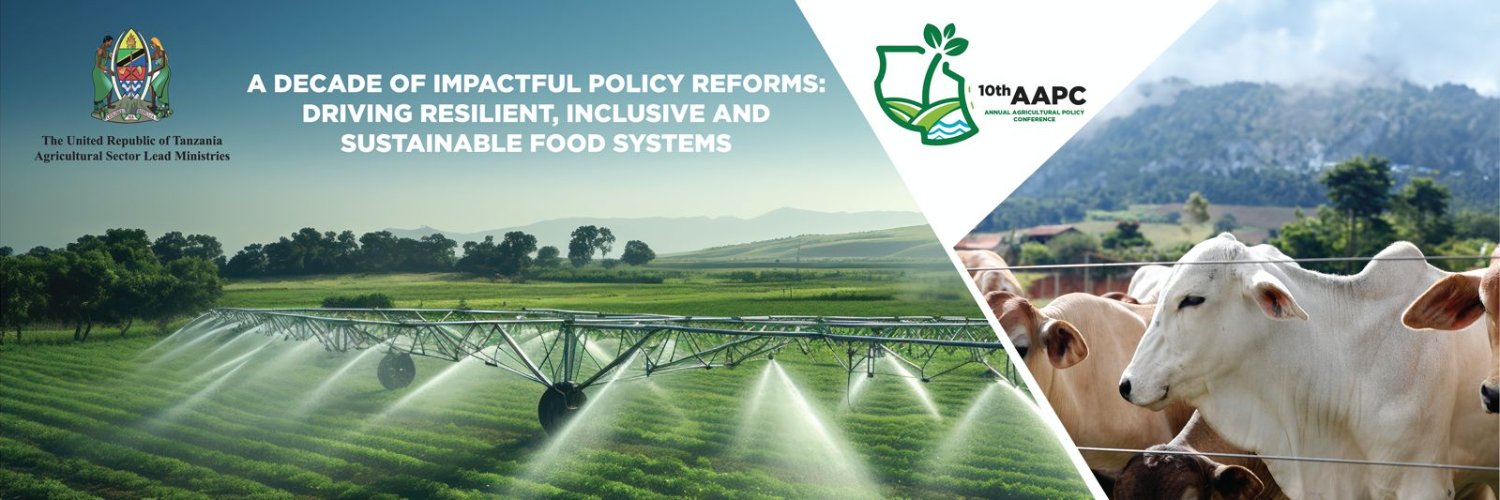Brewing Progress: Tanzania’s Tea Industry Undergoes Transformative Consolidation”
The Tanzanian tea sector, steeped in history and tradition, is undergoing a transformative consolidation, marking a significant turning point in its journey. This feature explores the recent merger of key institutions in the tea industry, a move that’s set to reshape the landscape of tea production and trade in Tanzania.
Historical Context: Tea first took root in Tanzanian soil in 1902, introduced by German settlers at the Amani Agricultural Research Station, Tanga. The cultivation blossomed in Kyimbila, Rungwe District, Mbeya region, in 1904, marking the beginning of a century-long journey. Commercial production commenced in 1926 and escalated post-World War II under British oversight, with production reaching 3,700 tons by 1960. Initially dominated by foreign-owned estates and managed by the Tanganyika Tea Board, the industry saw a significant shift with the advent of smallholder tea farming in the 1960s.
Government Initiatives and Industry Evolution: The Tanzanian government has been instrumental in shaping the tea industry’s trajectory. In 1968, a dedicated smallholder tea development program was initiated, leading to the amendment of the Tea Ordinance Act and the establishment of the Tanzania Tea Authority (TTA). The TTA played a pivotal role in marketing and trading tea produced by smallholders. The industry’s structure underwent further changes with the Tea Act No. 3 of 1997, which saw the creation of the Tea Board of Tanzania (TBT) and the Tanzania Smallholders Tea Development Agency (TSHTDA). The TBT, as a regulatory body, has since been ensuring quality control and aiding both production and international trade of Tanzanian tea.
Recent Merger and Its Implications: On December 15, 2023, the Tanzanian government announced the merger of the Tea Board of Tanzania (TBT) and the Tanzania Smallholders Tea Development Agency (TSHOA) into a unified entity. This merger, part of a broader restructuring in agricultural research, is set to revolutionize the tea industry. It aims to amalgamate resources, research, and development efforts to uplift the sector. In addition, the integration of the Tea Research Institute of Tanzania (TRIT) into the Tanzania Agricultural Research Institute (TARI) marks a strategic move towards agricultural innovation.
Impact and Future Outlook: This consolidation is expected to streamline support for smallholder farmers, enhance marketing strategies, and improve the management of the tea value chain. The initiative is poised to boost tea quality and productivity, potentially leading to economic growth in the sector. By aligning research and development under a unified framework, the merger promises to inject new vigor into Tanzania’s tea industry, ensuring its sustainable growth and global competitiveness.
The recent developments in Tanzania’s tea sector symbolize a new chapter in the nation’s agricultural history. The merger of key institutions is a strategic step towards modernizing the industry, aligning it with global standards, and empowering smallholder farmers. This renewed focus on innovation, quality, and productivity heralds a promising future for Tanzanian tea, both on domestic and international fronts. As the industry brews its next phase of growth, it stands as a testament to Tanzania’s commitment to agricultural evolution and economic development.


